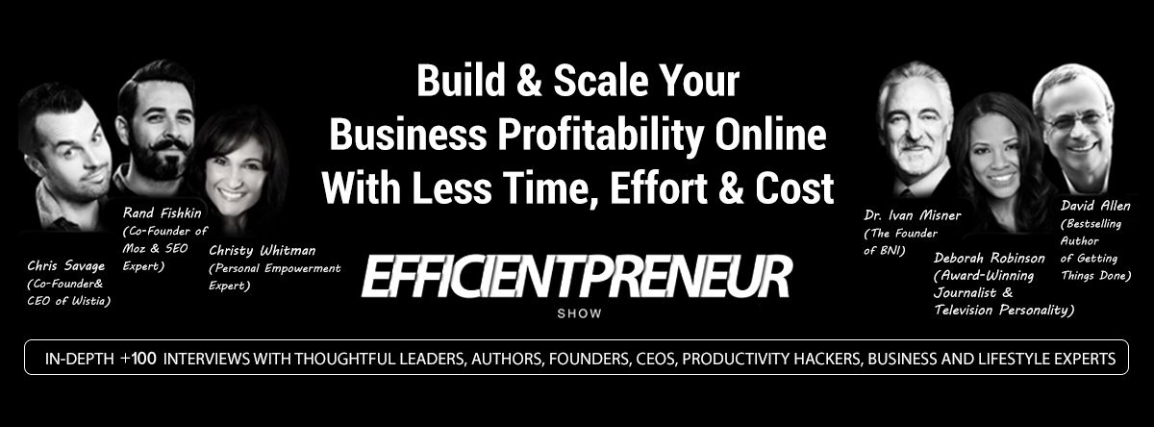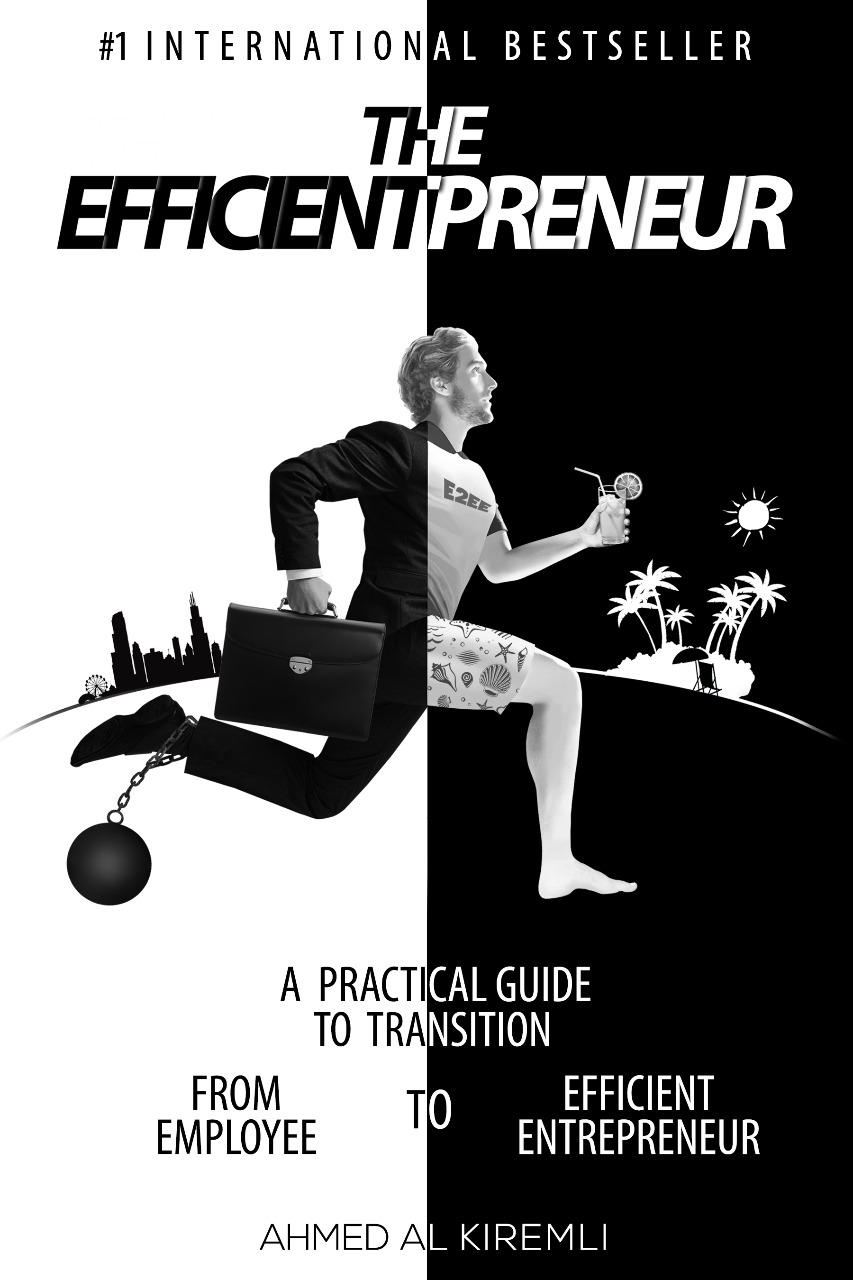Maria Lynne Dayton
(CXO: Chief Customer Experience Officer at TRANSTERRA MEDIA)
How the Media Content is priced and soled to Different Media Outlets? What’s the Industry Pricing Standards? How Much Money a Journalists can get for each media piece submitted to Transterra?
How Journalists can register with TRANSTERRA and How the On Demand News Model Works and Priced?
Video Interview
With English and Arabic Subtitle
Audio
Bio
Director of Contributor Relations and Development TRANSTERRA
June 2011 – Present (3 years 3 months)Beirut, Lebanon / Washington D.C.
Directs all activities related to the acquisition, MANAGEMENT , and development of Transterra Media’s contributor base of over 2000 grassroots media producers.
, and development of Transterra Media’s contributor base of over 2000 grassroots media producers.
Directs the development of project proposals and training programs designed to increase the capacity of Transterra contributors including the Voices4Change youth project currently taking place in Jordan, Lebanon, Tunisia, Egypt, Libya, and Palestine.
Education
* The American University in Cairo
Dual Master of Arts (M.A.),
Middle East Studies & Economics of International Development, Honors 2005 – 2008
* Schiller Université Internationale, Paris, France
Master’s degree,
International Relations and Diplomacy; Specialization: International Business;, Honors 2002 – 2005
* Gonzaga University
Dual Bachelor of Arts (BA),
Biology & International Relations; Concentration: Philosophy, Honors: Presiden’ts List 1997 – 2002
Websites & Social Media Links
https://www.facebook.com/transterramedia
https://www.youtube.com/user/Transterramedia
https://www.linkedin.com/company/transterra
https://ae.linkedin.com/pub/maria-lynne-dayton/12/874/a95
Interview Questions
- Why you chose the media sector and what’s your background?
- What’s your background before TRANSTERRA?
- You work in media but you are very low profile on the INTERNET
 , why?
, why? - What’s Transterra? And why you chose this name?
- Please define on-demand, in-depth, human interest video and photo content.
- What kind of content you are specialized in?
- How your service works? And HOW DO YOU MAKE MONEY
 ?
? - How do you price your content?
- How Journalists can register with you?
- How do you pay the REGISTERED
 Journalists? Do they sign any agreement with you or they are freelancers?
Journalists? Do they sign any agreement with you or they are freelancers? - What kind of Journalists you are interested in?
- How do you mentor your army of journalists?
- What’s voices4change?
- How big is your clients base and list?
- How the content is priced and soled to different media outlets? What’s the industry pricing standards?
- How the on demand news model works and priced?
- How to license content to the media?
- How do you protect your business model in case the publishers are directly get in touch with the journalists? After the first deal?
- Where Transterra is based, how many OFFICES
 you have?
you have? - Tell us more about your other projects that you are currently working on or planning for the future?
- What are your most important working tools?
- What’s your daily life and work routine looks like?
- What are your other hobbies?
- Who’s your no.1 mentor?
- The most important factors for success in 3 words?
- What are the Top 3 apps that you use on your smart phone?
- What are the habits that you are trying to develop to stay efficient?
- What are your top 3 favorite books?
- What are the top 3 people that you are inspired by?
- Do you listen to any music when you WORK
 ?
? - Do you follow any routine to sleep?
- What makes you really happy?
- How people can contact you?


